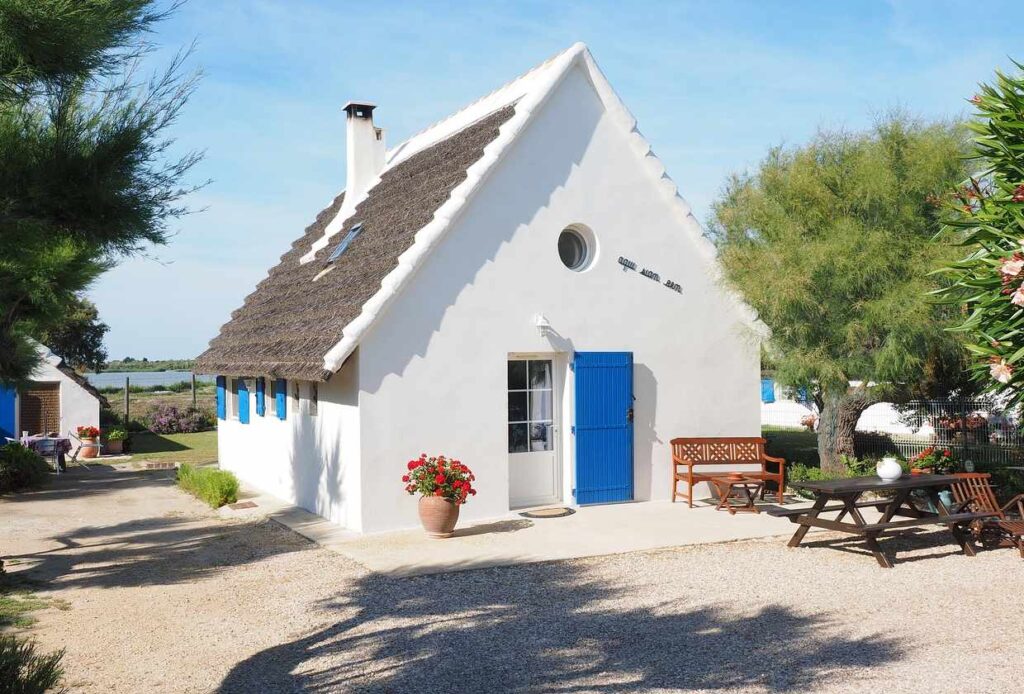Spain’s New Short-Term Rental Registration Law Explained: What Landlords Need to Know for 2025
Spain’s central government has enacted a royal decree to create a single national register for short-term rental (STR) properties, set to start on January 2, 2025. This new requirement aims to centralize property listings and help address issues around illegal renting and over-tourism.
The law mandates that all STR properties register through a central digital platform, obtaining a unique registration code to list properties on platforms such as Airbnb, Vrbo, or Booking.com.
Why This Decree Was Passed
This initiative follows protests against high housing costs and limited housing supply, largely impacted by a surge in STRs. The law aims to bring unregulated properties into compliance, benefiting Spain’s long-term rental market and aligning with European directives on property transparency.
Key Provisions
- Mandatory Registration: All STR properties must register and renew this registration annually.
- Unique Listing Code: Property owners must display their registration codes on STR platforms.
- Booking Platform Responsibility: Platforms must verify that each listed property has a visible registration code.
The Colegio de Registradores will handle the registration process for landlords, ensuring that only verified, registered properties are available for short-term rentals.
Regional Highlights: Key Regulations in Major Cities
| City / Region | New Regulations | Additional Information |
|---|---|---|
| Madrid | 14,000 unregistered properties targeted for removal from STR platforms. | The city has paused new STR licenses, likely until 2025. |
| Barcelona | STR ban for tourists by 2028. | Led by Barcelona mayor Jaume Collboni to address housing shortages. |
| Malaga | No new STRs in 43 neighborhoods. | Focus on keeping rental prices down and increasing affordable housing. |
| Seville | Plans to cut water supply to illegal STRs. | Limits STRs to 10% of city properties. |
| Valencia | Fines up to €600,000 for illegal STRs. | Enforcing strict penalties for unlicensed properties. |
| Canary Islands | Ban on new-build STRs and a five-year compliance period for existing STRs. | Requires neighbor authorization for STR listings. |
Additional Support for Young Renters
Alongside this decree, the government has introduced a €250 monthly stipend for renters aged 18-35, aimed at aiding young people facing high rent costs and limited employment opportunities. This initiative provides critical support to Gen Z and millennial renters who often struggle to find affordable housing in competitive markets.
Future Outlook: Spain’s Long-Term Rental Market
With this new national STR register, Spain’s government anticipates a significant return of properties to the long-term rental market, helping to address housing shortages, especially in tourist-heavy cities. The government will continue to monitor compliance and adjust measures as needed.
Conclusion
Spain’s upcoming short-term rental register represents a step toward greater housing transparency and availability. Landlords and STR platforms must prepare for January 2025, ensuring all properties are registered to remain listed.



